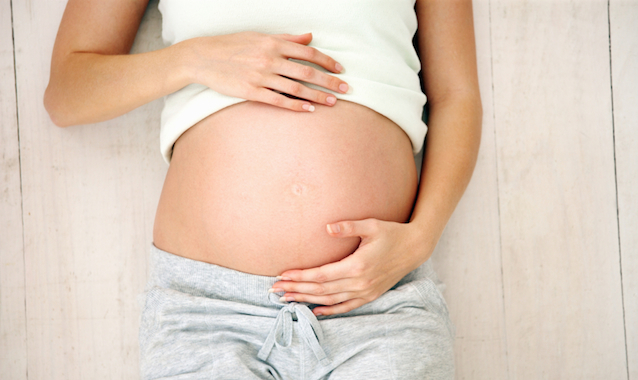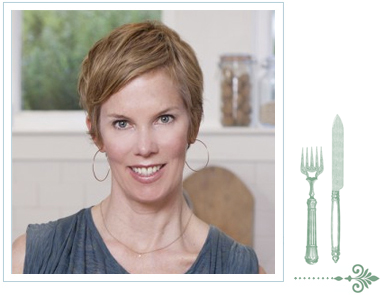5 Things to Know About Fertility After 35
August 5, 2014
In the past, it was widely believed that having a baby after turning 35 would be difficult (if not downright risky) but we are beginning to see more and more women put off motherhood until their late 30s and still be able to give birth to healthy babies. So what exactly is the true fact and what is fiction when it comes to fertility?
(Slightly) Reduced Fertility
For years, women have gone into a panic after their 29th birthday if they haven’t had children. The biological clock begins really ticking and it’s reinforced by the widely held notion that fertility drops off in a major way at a certain age. While it is true that there is a decline, new research (and social trends, even in Hollywood!) suggest that the dip is not nearly as steep as once thought. Much of what is currently believed is based on French birth records from 1670 to 1830. Modern pregnancy rates suggest that fertility only decreases by about 4% between the ages of 28-37.
Increased Risks
It is true that pregnant women over 35 are more likely to experience complications. There is an increased risk that your child could have genetic abnormalities including Down’s syndrome. Women aged 35-45 also have a 20-35% chance of miscarrying. Additionally, the odds of having an ectopic pregnancy, Cesarean section, longer second-stage labor and fetal distress are higher for women in their late 30s and early 40s. All expectant mothers are screened during their pregnancy but doctors may recommend that an older mother-to-be consider more advanced testing such as an amniocentesis or chorionic villus sampling.
Could Take Longer
Getting pregnant is clearly possible as we age but it could take a little longer due to several factors. Women are born with about a million eggs but most of them never mature. Incredibly, half of these eggs are gone by puberty and the number continues to decrease every year. Further, the proportion of eggs with genetic abnormalities increases as we age and, eventually, we run out of viable eggs. This decline in egg quality can affect how easily a woman gets pregnant. Another common occurrence is that, as we get older, we ovulate less frequently. There may even be cycles where no egg is released at all.
Might be Twins
It is believed that our bodies produce more FSH, or follicle stimulating hormone, as we get older because there are fewer viable eggs left in our ovaries. This overproduction of FSH can actually cause more than one follicle to release an egg which means that the odds of conceiving non-identical twins is higher. This is a welcome “risk” for many older women since they can have more than one child without having to worry about getting pregnant again. Of course, you will probably be more closely monitored by your doctor but the benefits can outweigh any inconveniences.
Improve Your Chances
While it is true that so much of this is beyond our control, there are things that can improve your chances of conceiving. Changing your lifestyle can make a huge difference when you’re trying to get pregnant. If you are over or underweight, try to bring your weight closer to the healthier range for your height and body type. Eat well, get enough sleep and talk to your doctor about taking multivitamins or folic acid. Give up alcohol, smoking and caffeinated beverages. Address health issues such as high blood pressure, diabetes, endometriosis, fibroids and injuries to your reproductive organs. It’s also a good idea to be tested for sexually transmitted infections. Chlamydia, for example, can develop into pelvic inflammatory disease which may result in blocked fallopian tubes or an increased risk of ectopic pregnancy.
If you are trying for a baby, remember that stress isn’t good for anyone. Enjoy the process since getting upset won’t help anything. Some people even find that going on a conceptionmoon or procreation vacation helps to provide some much-needed relaxation and romance to this special time in their relationship.





